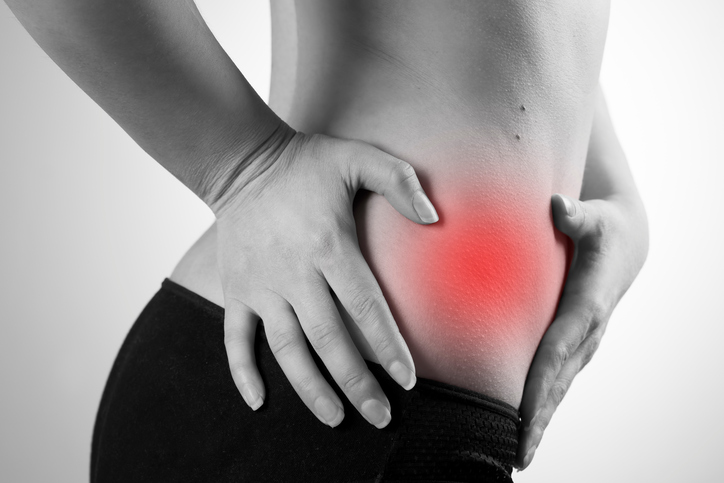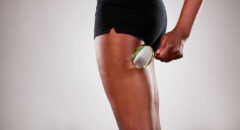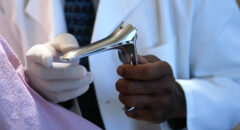
Chronic pain and bloating in a woman’s abdomen may point to an abnormality of the endometrial tissue. According to research or other evidence, the following self-care steps may provide some relief:
What You Need To Know:
- Ease the soreness with C and E
Lessen the pain by
taking a daily combination of 1,000 mg of vitamin C and 1,200 IU of vitamin E
These recommendations are not comprehensive and are not intended to replace the advice of your doctor or pharmacist. Continue reading the full endometriosis article for more in-depth, fully-referenced information on medicines, vitamins, herbs, and dietary and lifestyle changes that may be helpful.
Vitamins that may be helpful
In a study of women with pelvic pain presumed to be due to endometriosis, supplementation with vitamin E (1,200 IU per day) and vitamin C (1,000 mg per day) for two months resulted in an improvement of pain in 43% of women, whereas none of the women receiving a placebo reported pain relief.
Animal research suggests that fish oils may reduce the severity of endometriosis, and fish oils have been shown to improve symptoms of dysmenorrhea (painful menstruation), which may be caused by endometriosis. Therefore, while no specific research has been done on the effects of fish oils in women with endometriosis, some health practitioners recommend several grams of fish oil per day for this condition.
Herbs that may be helpful
Vitex is recommended either alone or in combination with other herbs, such as dandelion root, prickly ash, and motherwort, by some doctors to treat the symptoms of endometriosis. Although vitex affects hormones that in turn affect the severity of endometriosis, and it may be effective for premenstrual syndrome, no research has tested the effect of vitex supplementation on women with endometriosis. Similarly, no other botanical medicines have been
scientifically researched for treating this disease.
Holistic approaches that may be helpful
According to preliminary reports, regular meetings with other endometriosis sufferers may help women with endometriosis learn about the disease and cope better with the many psychological and emotional issues that often accompany this condition. One preliminary study found that...
...women who had the opportunity to speak with other women with endometriosis, as well as to meet with their physician, had a higher satisfaction with their overall
care.
Dietary changes that may be helpful
There has been no research investigating the effect of any specific diet in women with endometriosis. Preliminary research suggests that women who consume more than 5 grams of caffeine per month (about 1.5 cups of coffee a day) are more likely to have endometriosis. No study has investigated whether avoiding caffeine improves the symptoms of endometriosis.
Lifestyle changes that may be helpful
Preliminary studies suggest that women who exercise two to four hours per week have less risk of developing endometriosis. However, the benefit seems to be limited to those women who participate in vigorous exercise, such as jogging or other activities that raise the heart rate. Whether exercise will reduce the symptoms of existing endometriosis is unknown.
Other therapies
Surgical treatments, such as removal of the endometrial areas, ovaries, or uterus may also be recommended.
Acupuncture has been reported anecdotally to help control the pain associated with some cases of endometriosis, but no controlled studies have confirmed this claim. One small, preliminary study found that auricular acupuncture (acupuncture of the ear) was as effective as hormone therapy in treating infertility due to endometriosis.









